Cockles and Mussels Alive Alive O’
Wrapped up in the depths of Winter, we flung off the blankets and strode off to the breezy seaside for inspiration for our latest project, a spirited Shell Ring collage.
A quiet coastal cove, littered with skimming stones, small brightly coloured plastic pebbles dredged in from the sea, rock pools and sandy waves rippling over our chilly toes. Tiny little fingers dipped into the shallows of our memories and pulled out tales of days at the beach, picnics, giant sea monsters, fishing and sand castles. We collected key words and wrote a poem:
Sky, reflecting. Waves, crashing. Whitey-blue foam, rippling. Humpback whales, gliding. Bluish-turquoise, water.
Sitting in a circle, we passed around many different shells: small smooth yellow ones, large striped spikey ones too. The artists enjoyed holding, feeling, listening to them as we sparked our imaginations away from the dreary dark January afternoon.
To warm up our fingers and minds, we coloured in shell sheets, followed the outlines of their shapes and watched artist Louise Pasquill demonstrate the three processes we would need to complete our own project:-
1. make a selection of small and large moulded shells;
2. decorate damp paper with powder paint to imitate a sandy beach; and
3. paint a watery rock pool full of amazing, shimmering, seaweedy plants and shellfish.
We talked about the coastal environment: questioning how to help keep our beaches tidy and marine life healthy, clear of plastics and litter. We watched a short youtube clip of “Blue Planet Live” and many of the class knew so much about the Oceans and their inhabitants. To delve deeper, we studied colour prints of drawings, paintings and photographs of a variety of shells: cylinders, isosceles triangles, conical cones and scalloped semi-circles.
The traditional sculptured “Madeline” cake shape was the perfect place to start. We used a silicon baking tray to cast cockles and mussels from Plaster of Paris.
After we measured the proportions of plaster to water, we worked quickly to mix them into a silky smooth, runny paste, using a mixing bowl and a cooking spatula. The chemical reaction that takes place when the water is added to the powder, releases heat energy, so everybody took turns to pour their mixture into the mould and feel the warmth through the silicone. Squidge!
Whilst they were drying, we used watercolour paints on beautifully pressed watercolour paper, to create layers of marine textures, as if we were looking through a mask into a watery pool. We looked at pictures of anemones, seaweed, rocks, sea creatures such as hermit crabs, urchins, lobsters, crustaceans and shoals of fish. Splash!
On a separate piece of paper we experimented with powder paints, to imitate sandy, drier textures, that made us think about the sand crunching in between our toes. Scrunch!
Our beautiful shells are dry, time to decorate them with watercolour paints using dainty brush strokes making delicate patterns. To give them a shimmer, we sprinkled organic glitter and polished them with acrylic varnish.
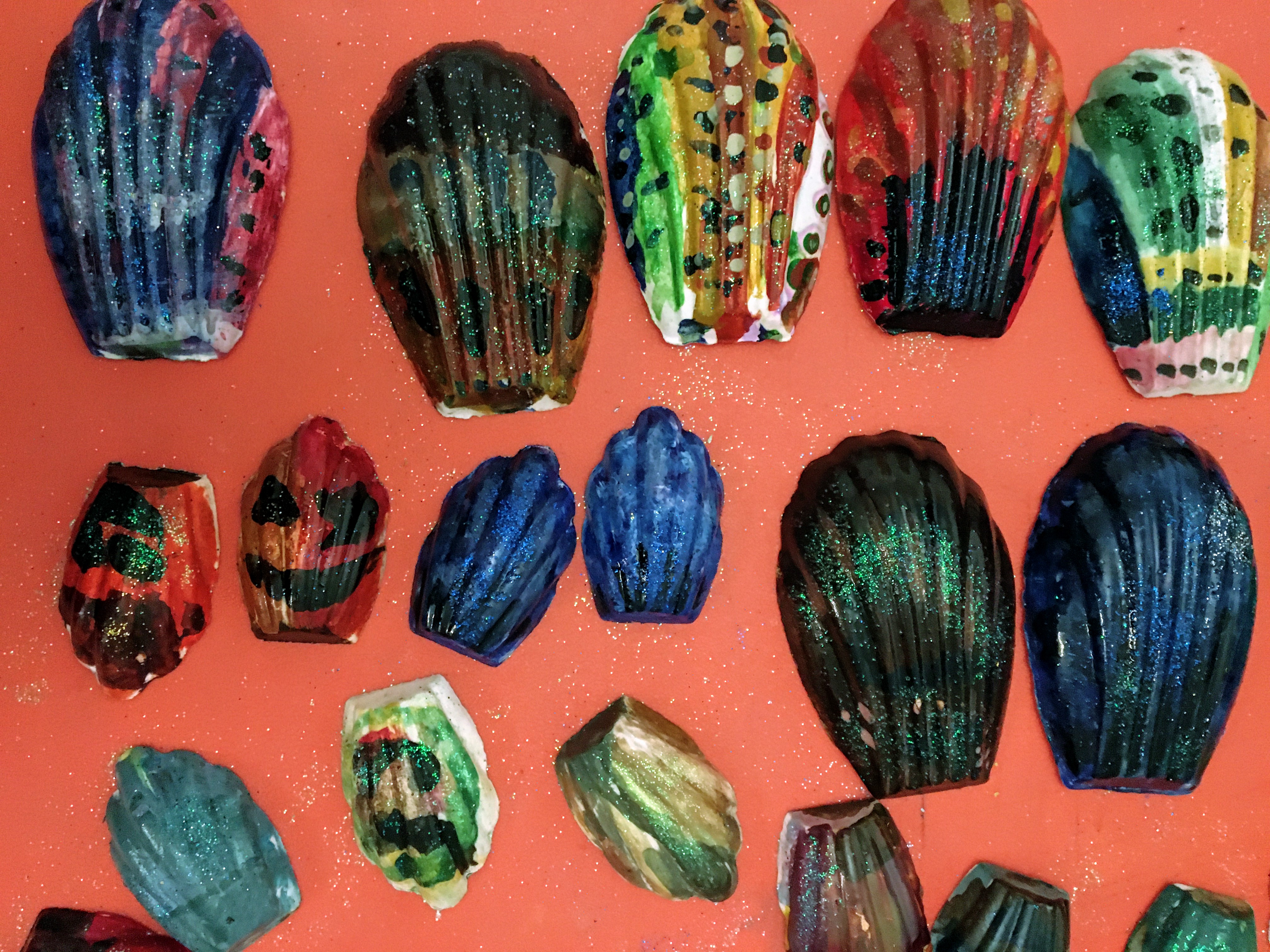
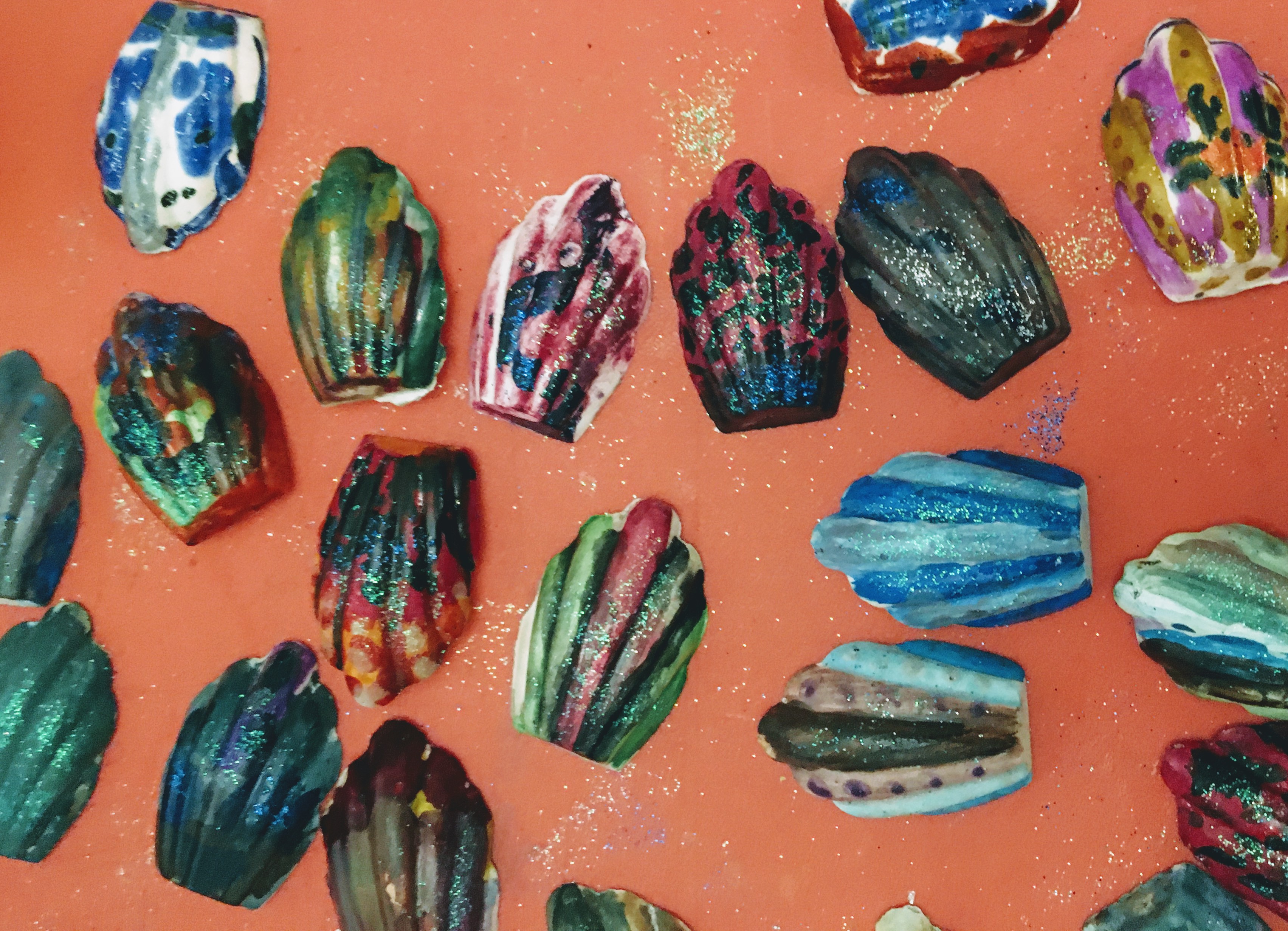 Now it’s time to mount all of our work into a Shell Ring collage.
Now it’s time to mount all of our work into a Shell Ring collage. 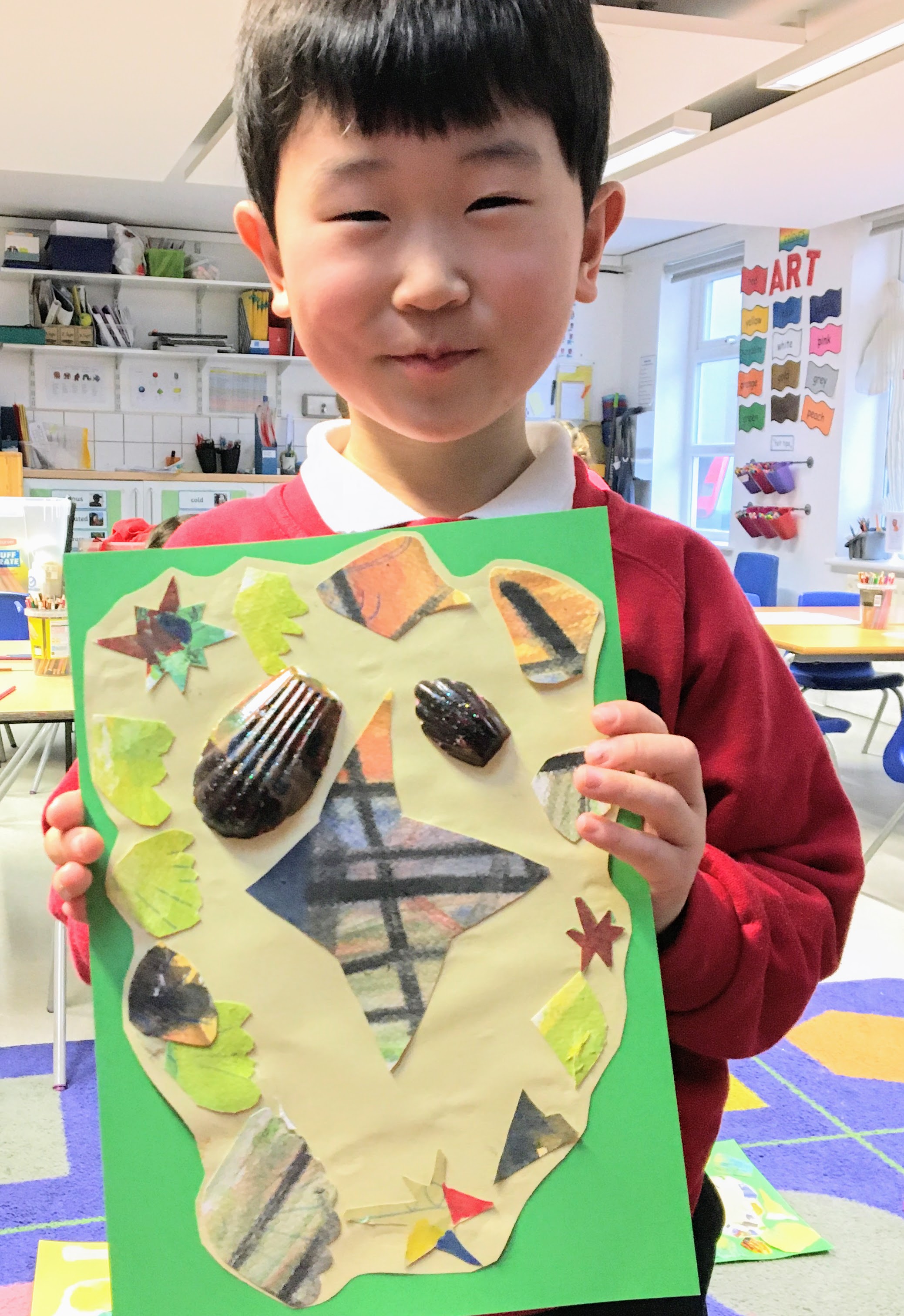 To cut our beautiful rock pool painting into sea shells and creatures, we drew a pencil outline on the back of the paper and cut out the shape. When turned over we saw the delicate watery patterns added to the design. Finally, a few pencil lines added dimension to the shapes.
To cut our beautiful rock pool painting into sea shells and creatures, we drew a pencil outline on the back of the paper and cut out the shape. When turned over we saw the delicate watery patterns added to the design. Finally, a few pencil lines added dimension to the shapes.
Someone is catching a lift to the sea!
See how this painter has used the fluted channels of the shell, to enhance the striped pattern.
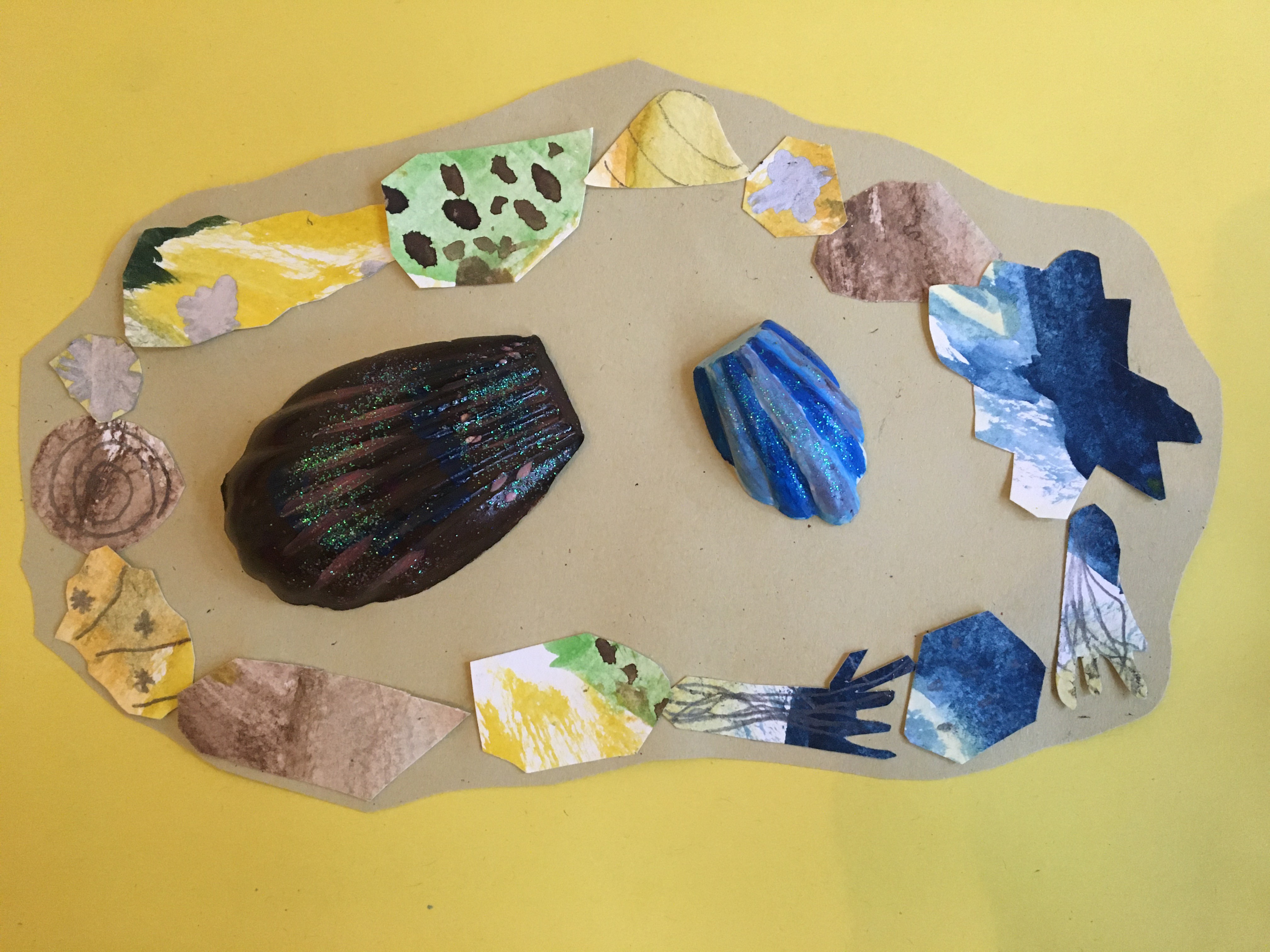
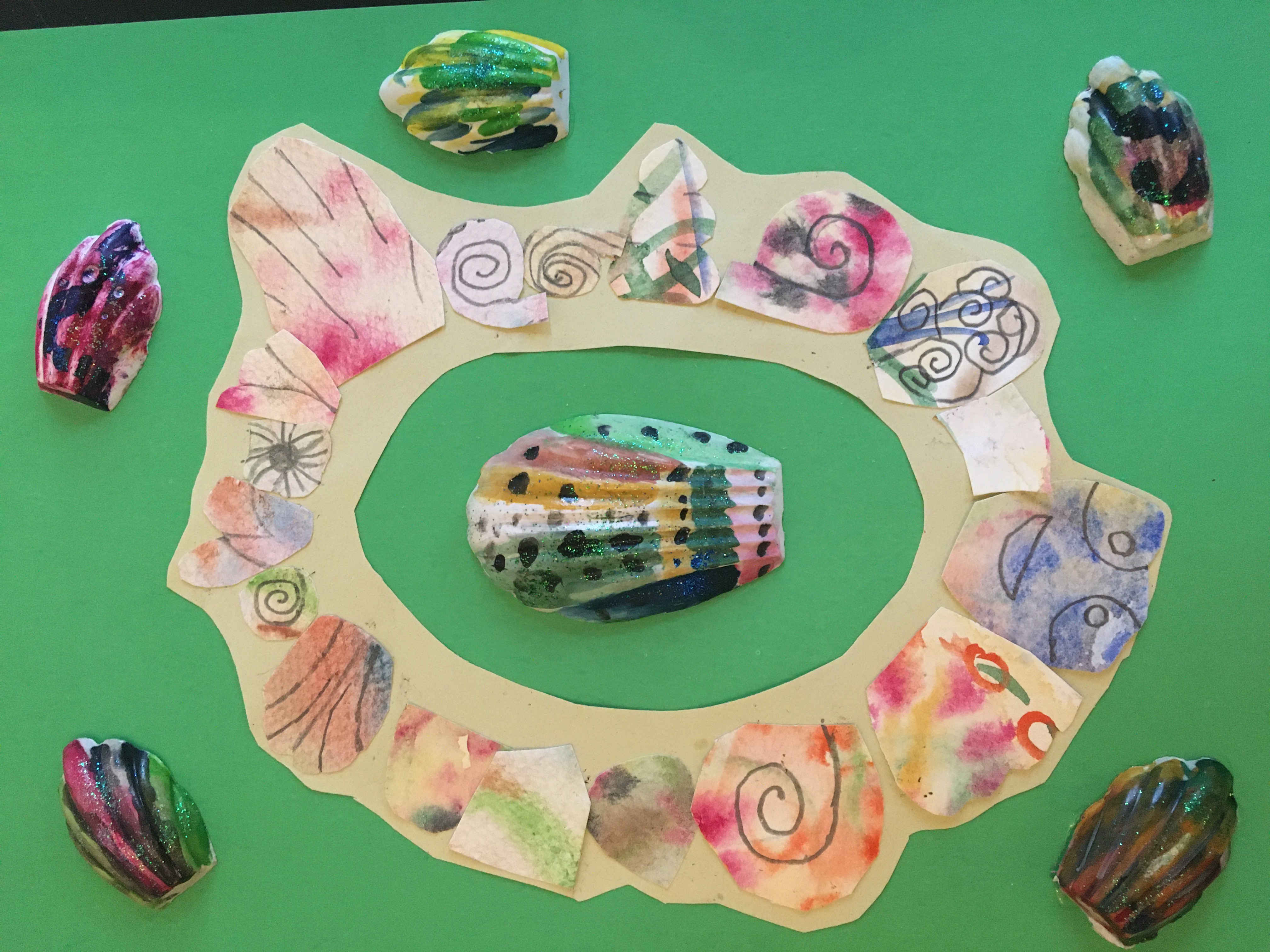
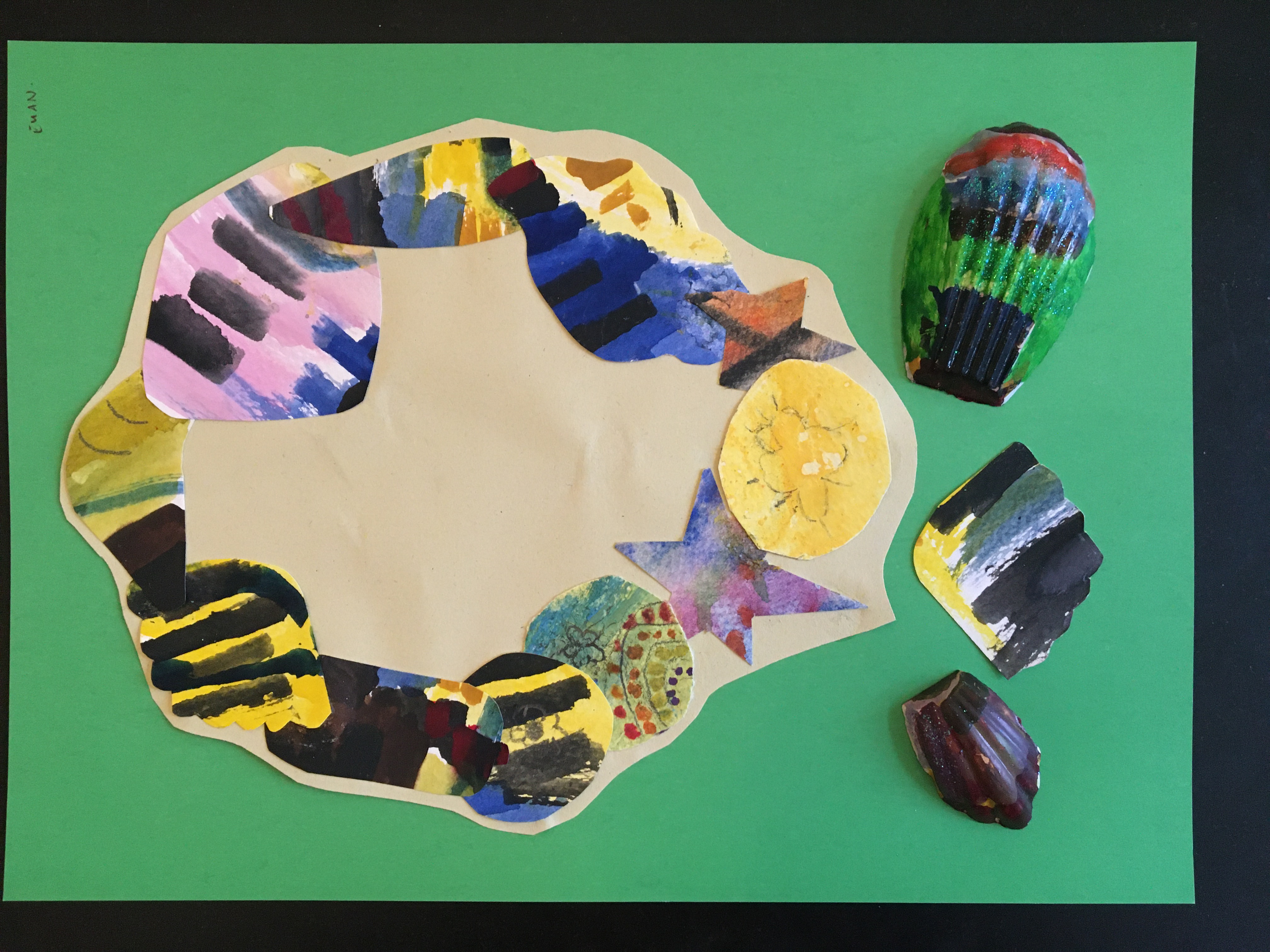
These bold colours are very striking!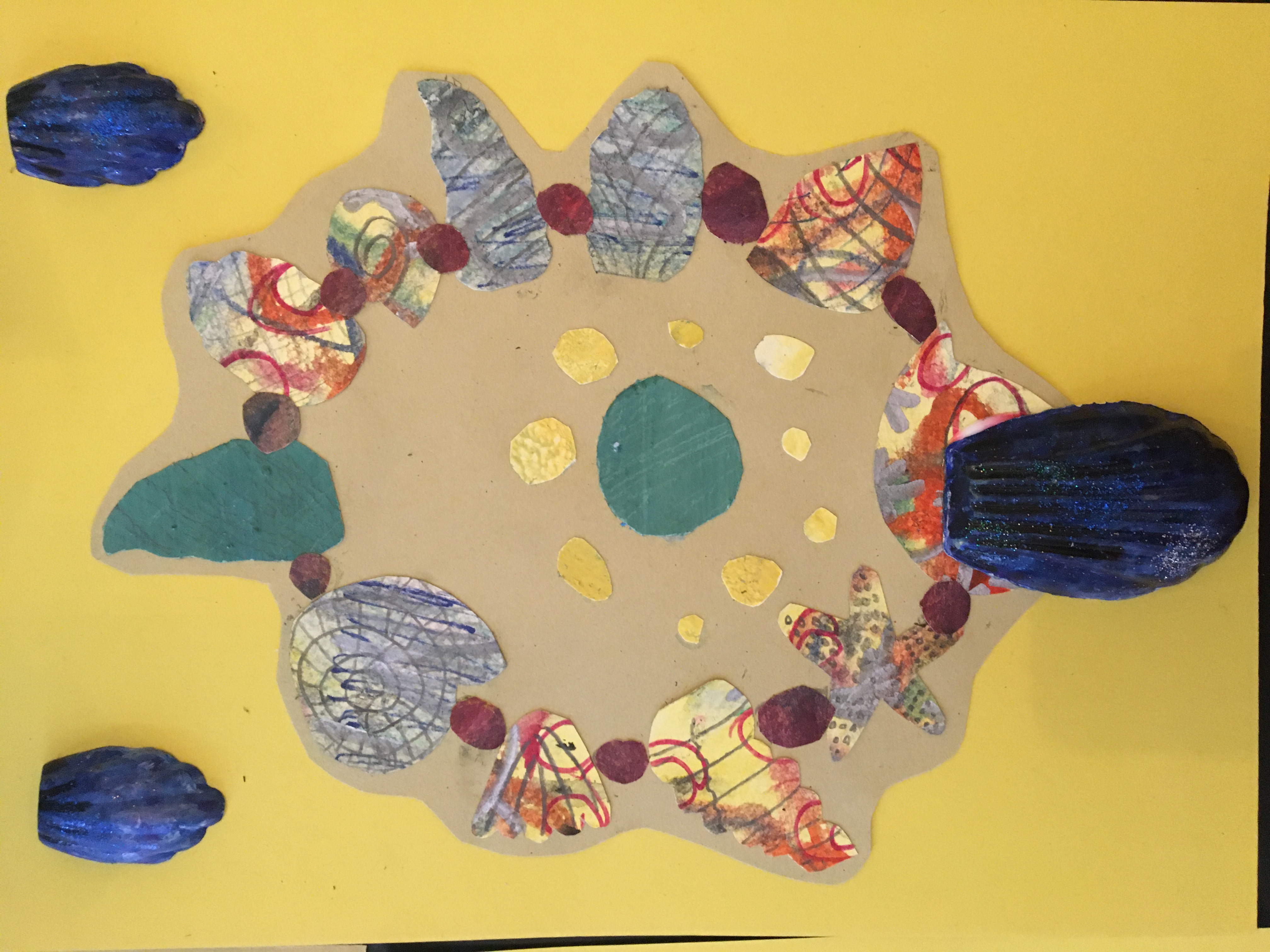
This necklace has a lot of detail and a repeat pattern.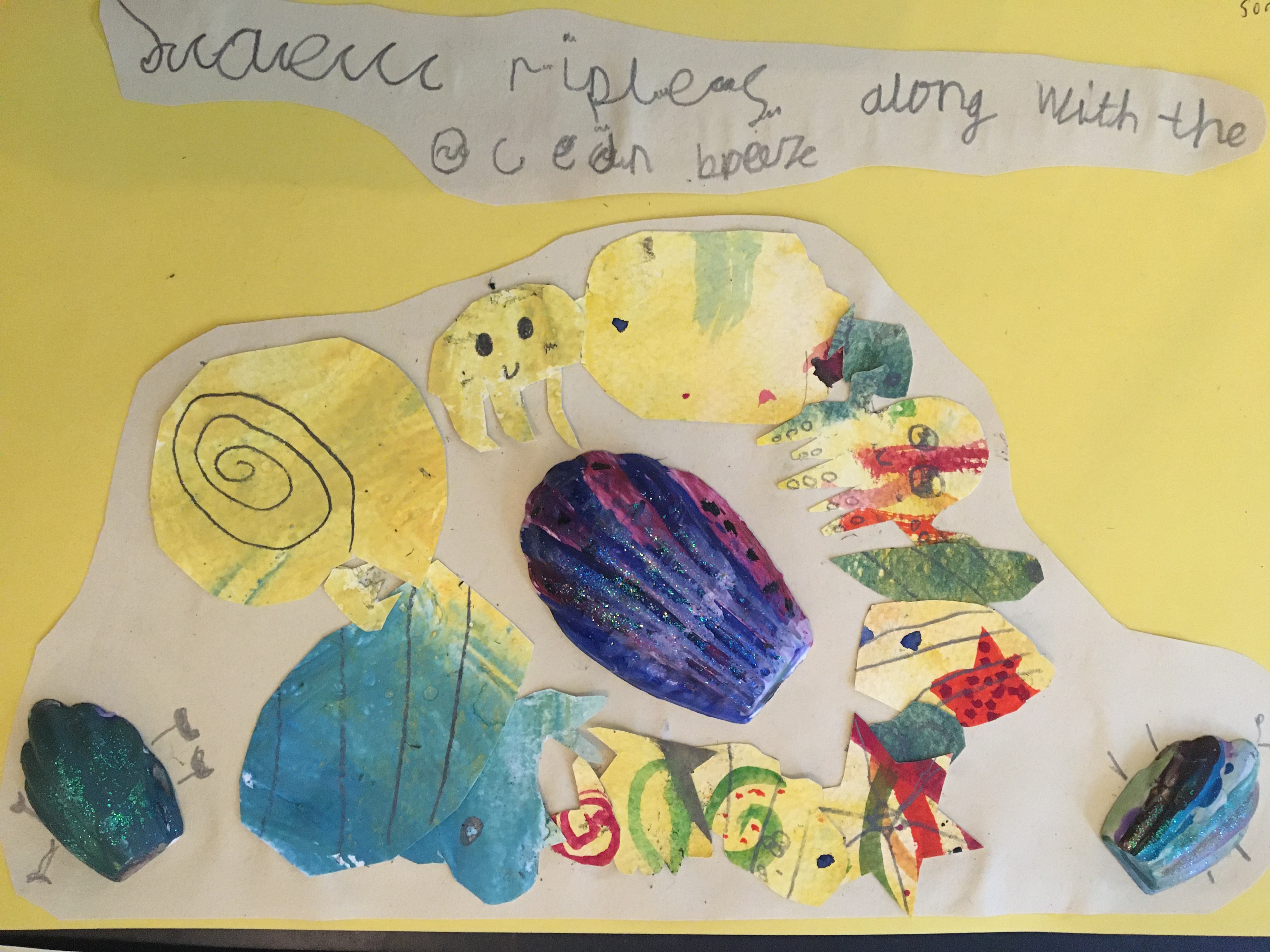
This artist has written her own poem!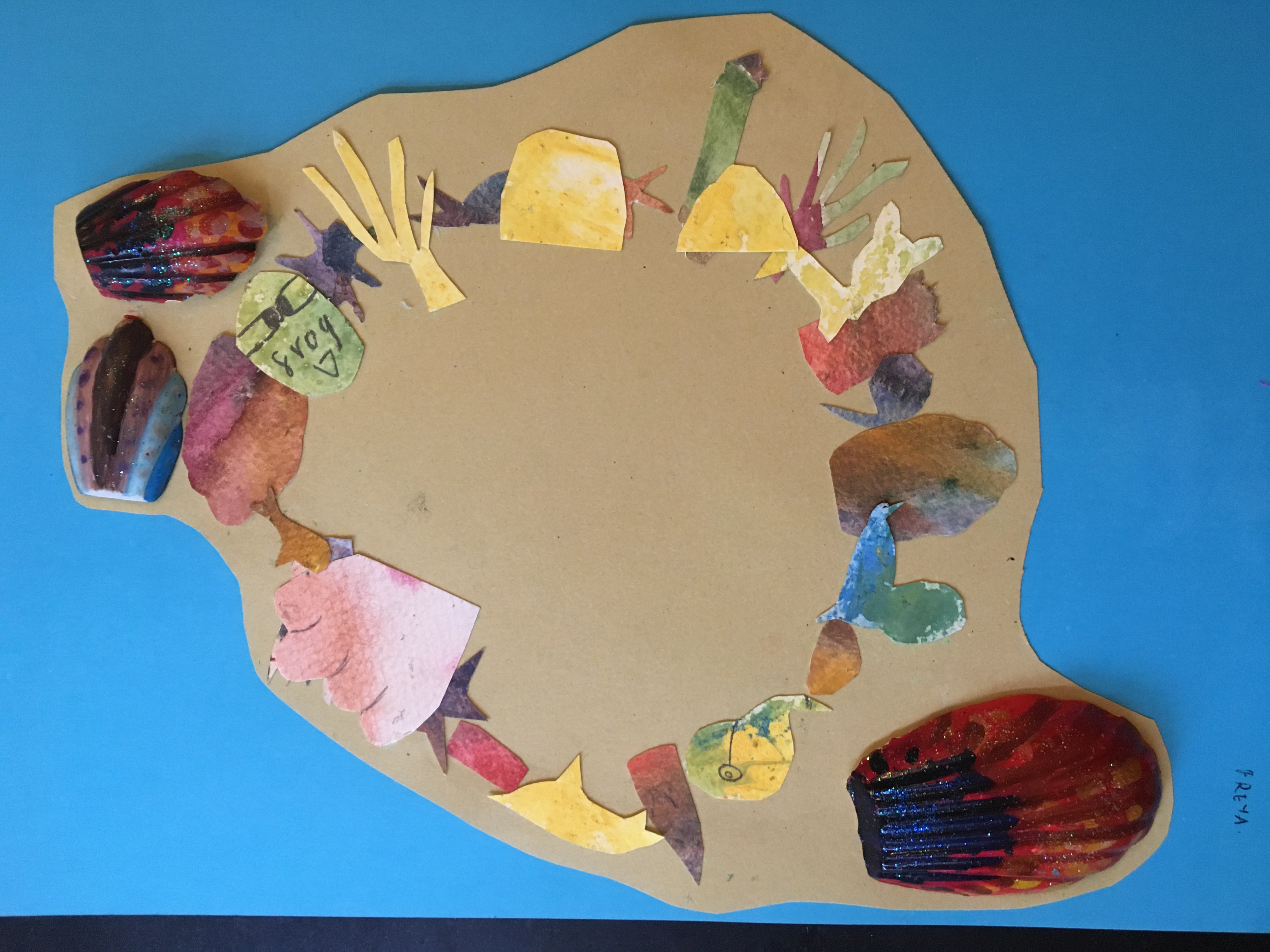
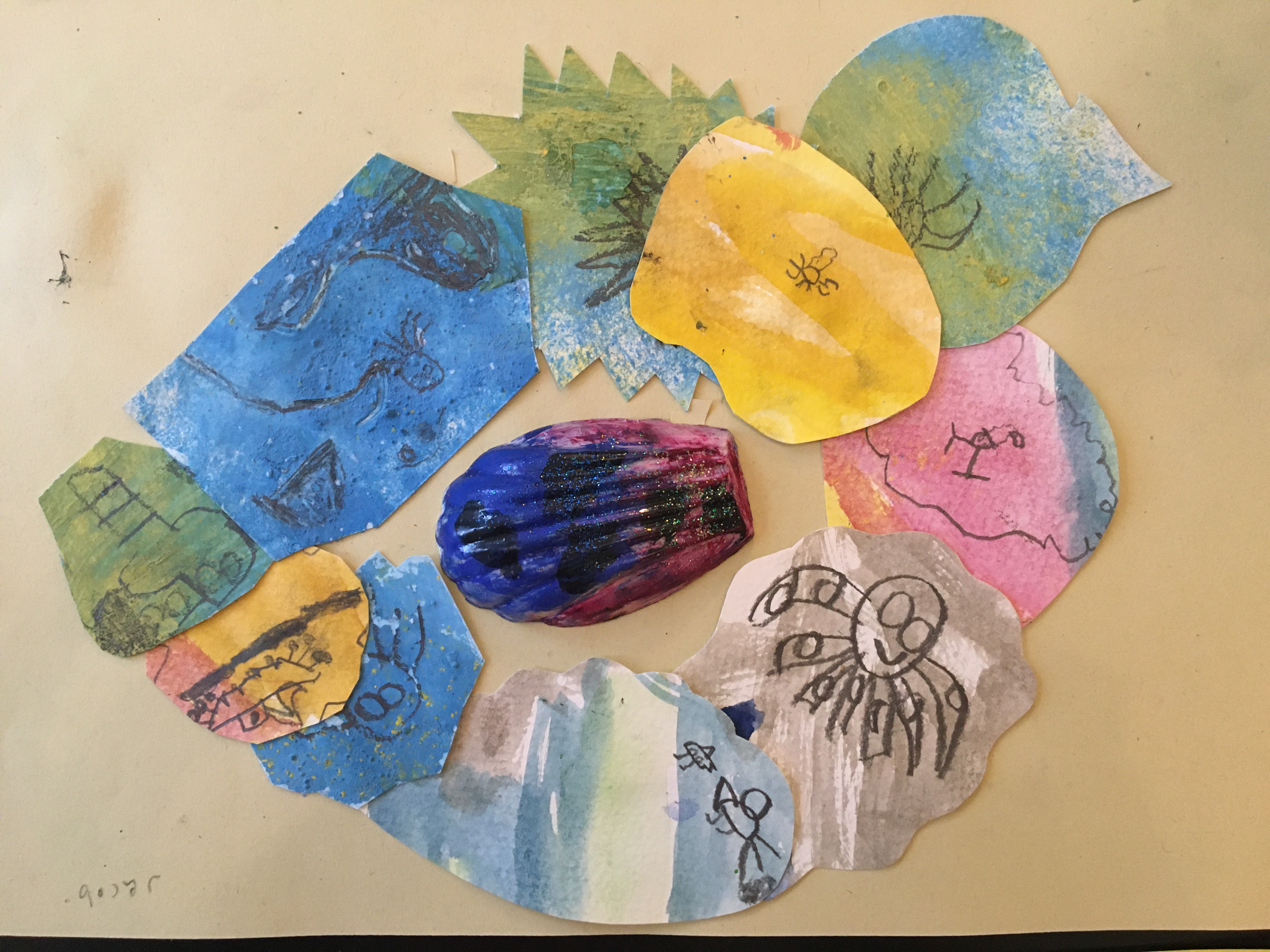 Well done to everyone! I hope you enjoyed this project and next time you go to the beach, see what you can make on the sand with the things around you.
Well done to everyone! I hope you enjoyed this project and next time you go to the beach, see what you can make on the sand with the things around you.
For further information about Art and the Sea, look up Damien Hirst’s project “Treasures from the Wreck of the Unbelievable”.
- Posted by
 admin
admin - Posted in Children's Work, Courses, Creativity, Modelling, Painting, Pelham After School Art Club, Uncategorized
 Feb, 17, 2020
Feb, 17, 2020 No Comments.
No Comments.
Archives
- April 2023
- February 2023
- September 2022
- August 2022
- May 2020
- February 2020
- December 2019
- October 2019
- July 2019
- June 2019
- April 2019
- February 2019
- January 2019
- December 2018
- October 2018
- July 2018
- June 2018
- May 2018
- April 2018
- March 2018
- February 2018
- January 2018
- December 2017
- November 2017
- October 2017
- September 2017
- August 2017
- July 2017
- June 2017
- May 2017
- April 2017
- March 2017
- February 2017
- December 2016
- October 2016
- September 2016
- August 2016
- July 2016
- June 2016
- May 2016
- March 2016
- February 2016
- January 2016
- December 2015
- November 2015
- October 2015
- September 2015
- August 2015
- July 2015
- June 2015
- May 2015
- April 2015
- March 2015
- February 2015
- January 2015
- December 2014
- November 2014
- October 2014
- September 2014
- July 2014
- June 2014
- May 2014
- April 2014
- March 2014
- February 2014
- January 2014
- December 2013
- November 2013
- October 2013
- May 2013
- April 2013
- March 2013
- February 2013
- January 2013
- November 2012
- October 2012
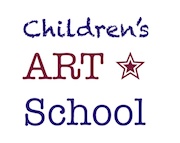
 07808 168 543
07808 168 543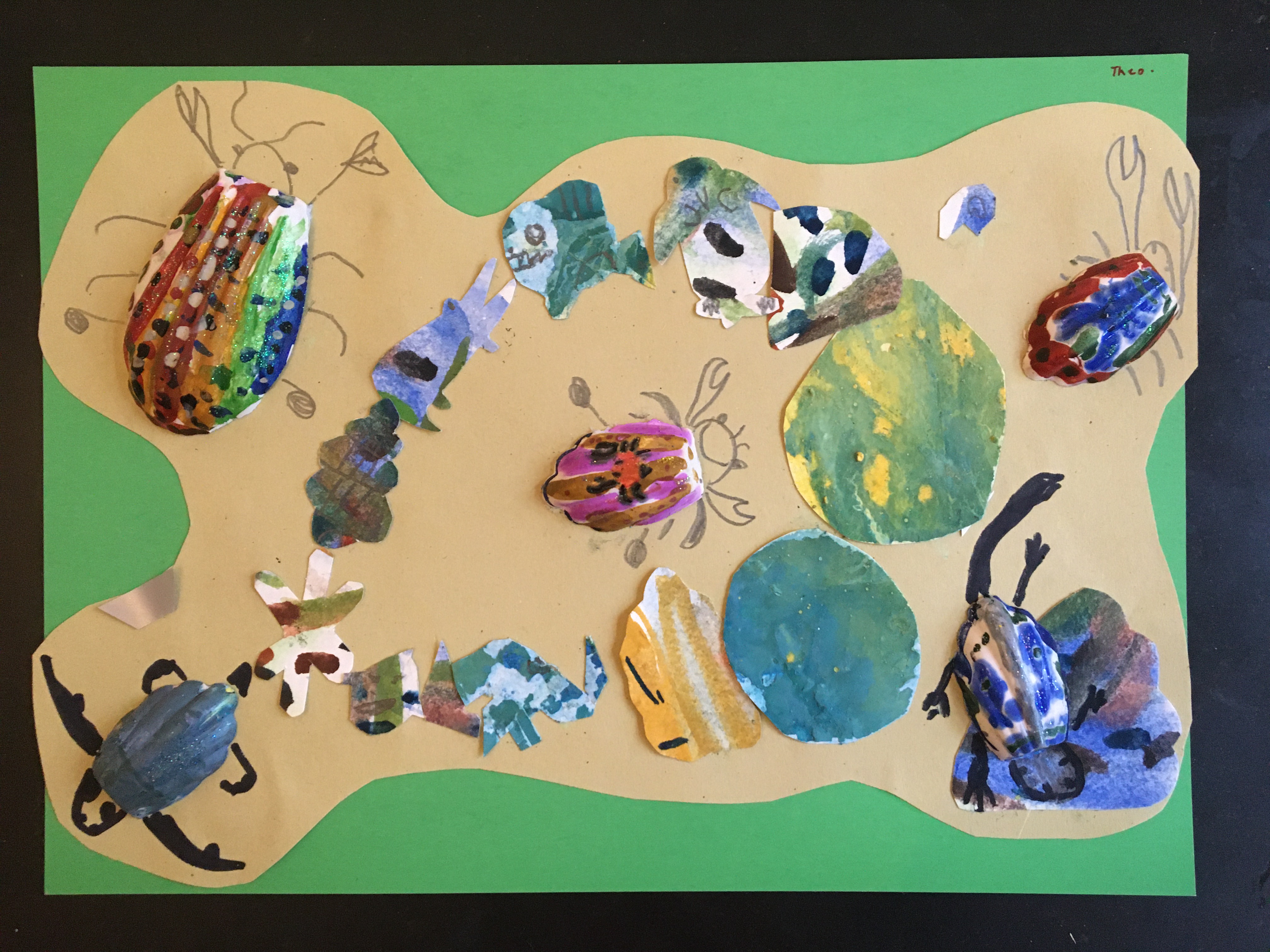
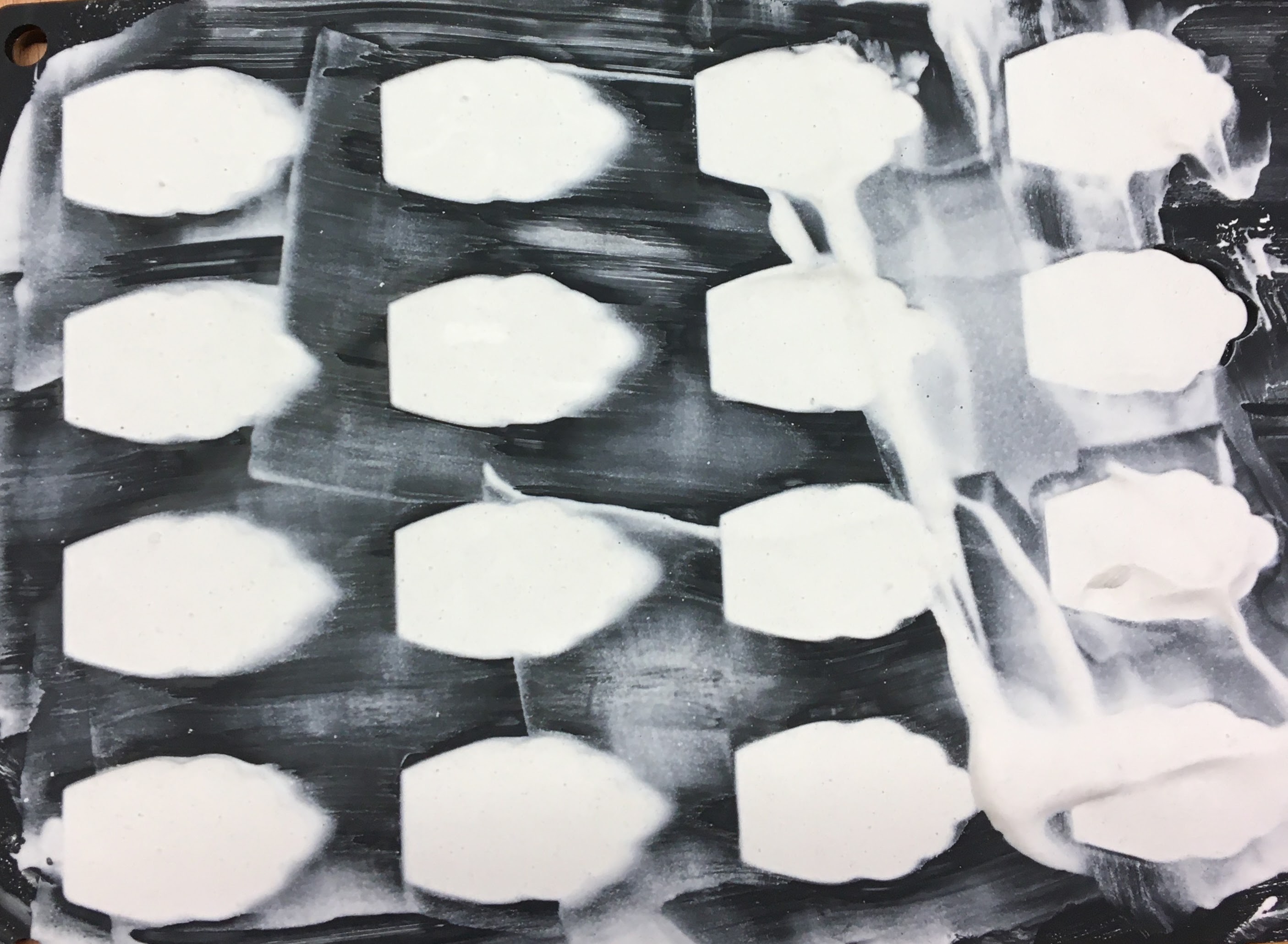
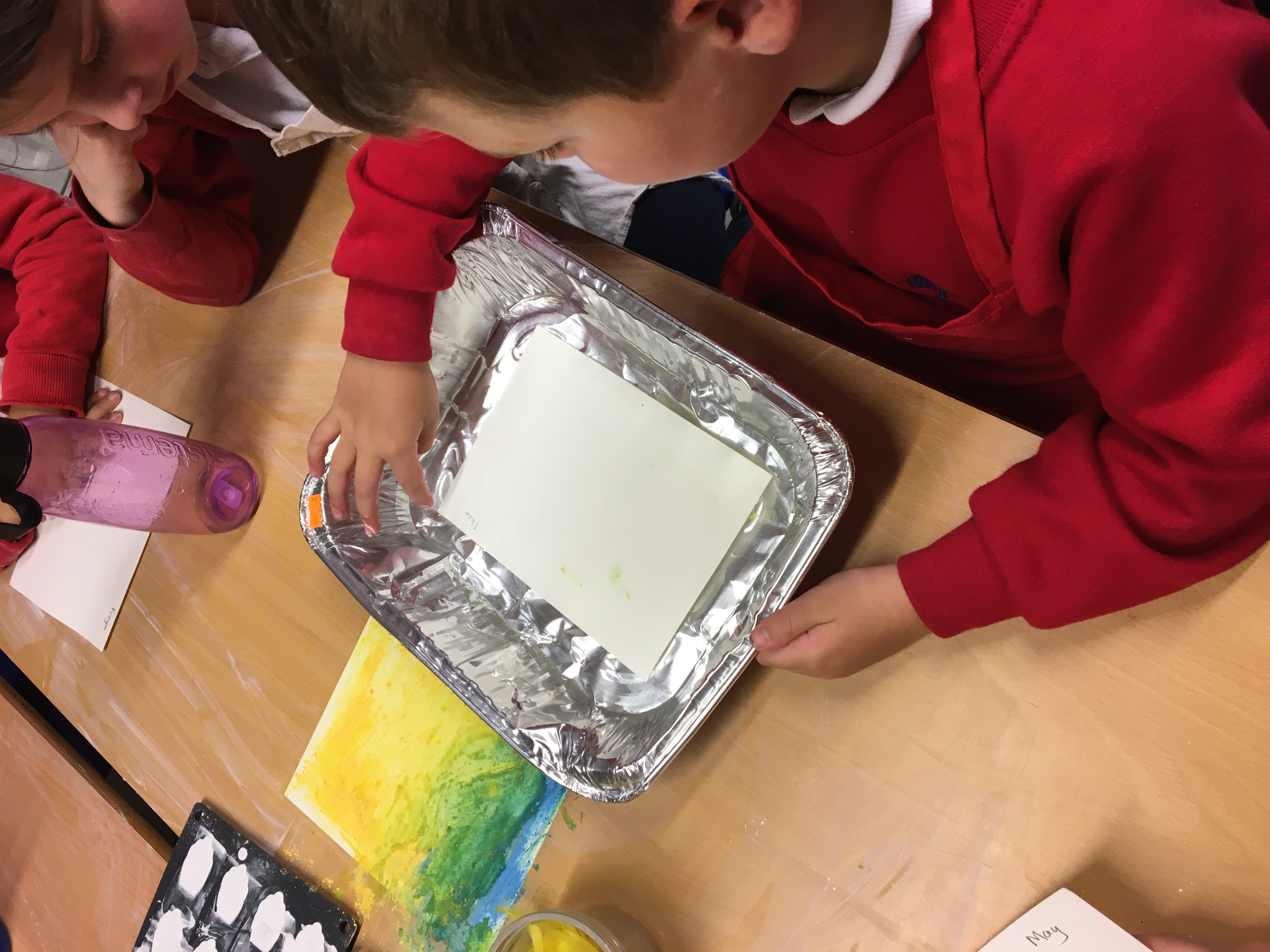
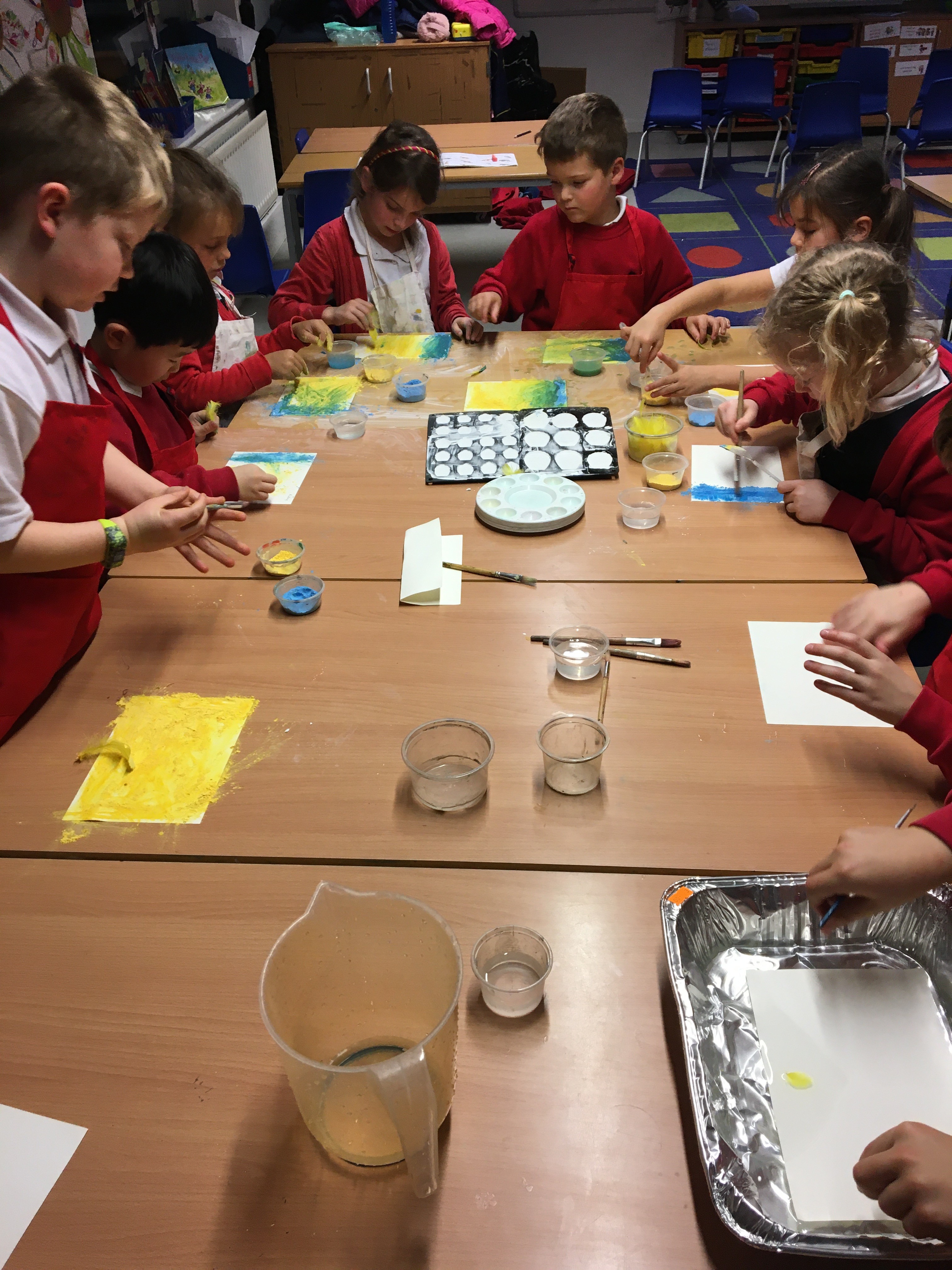
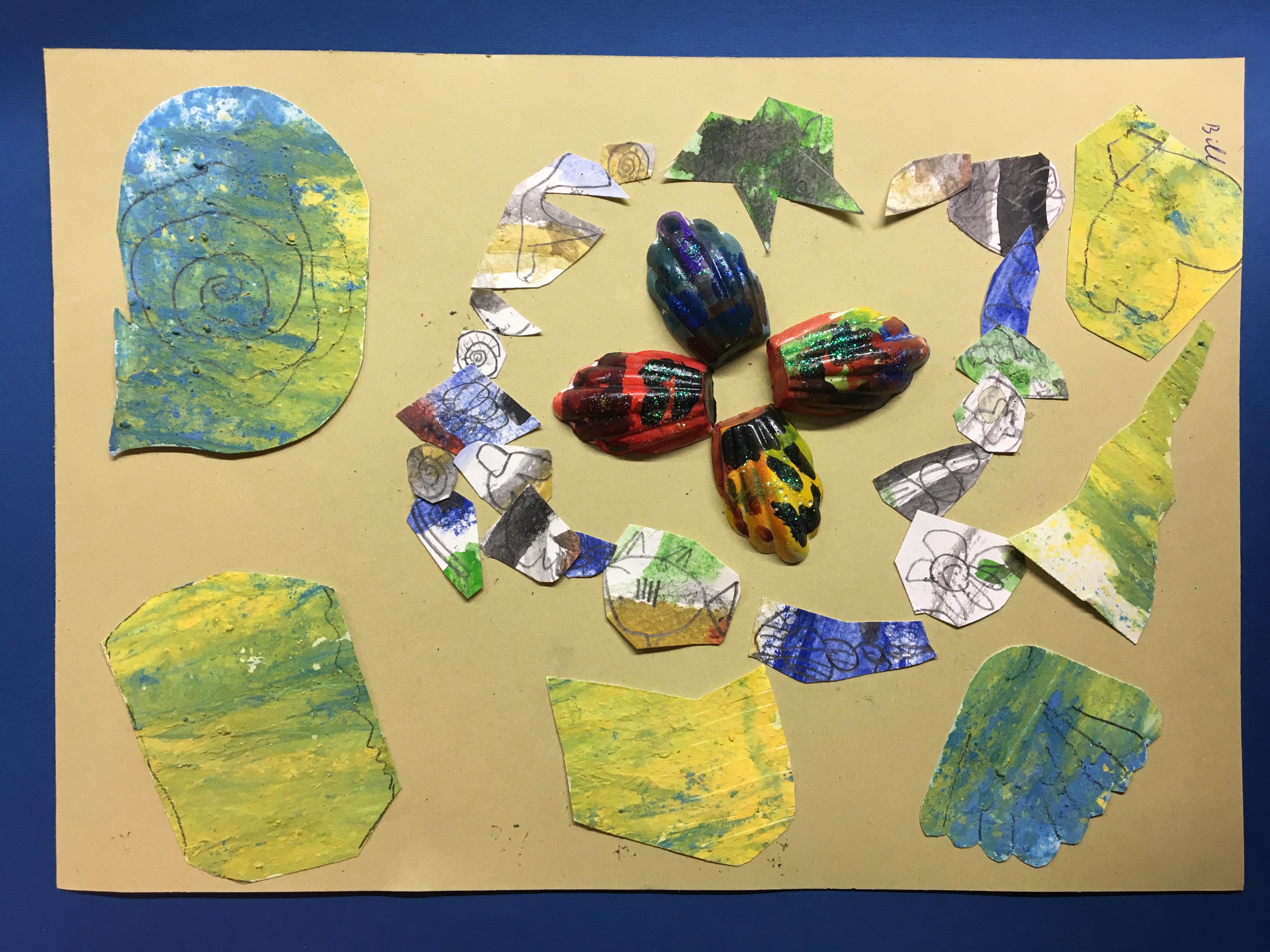
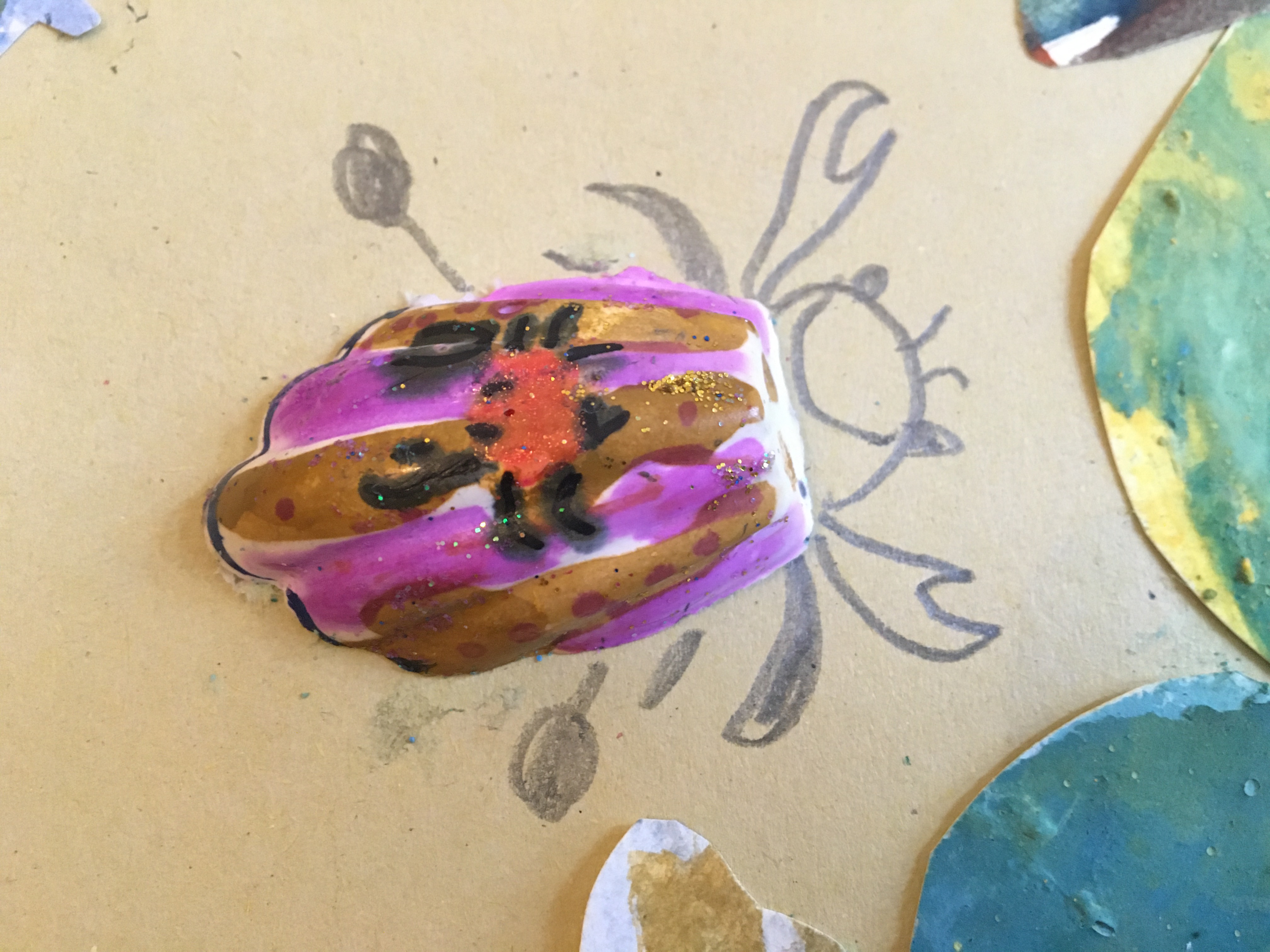
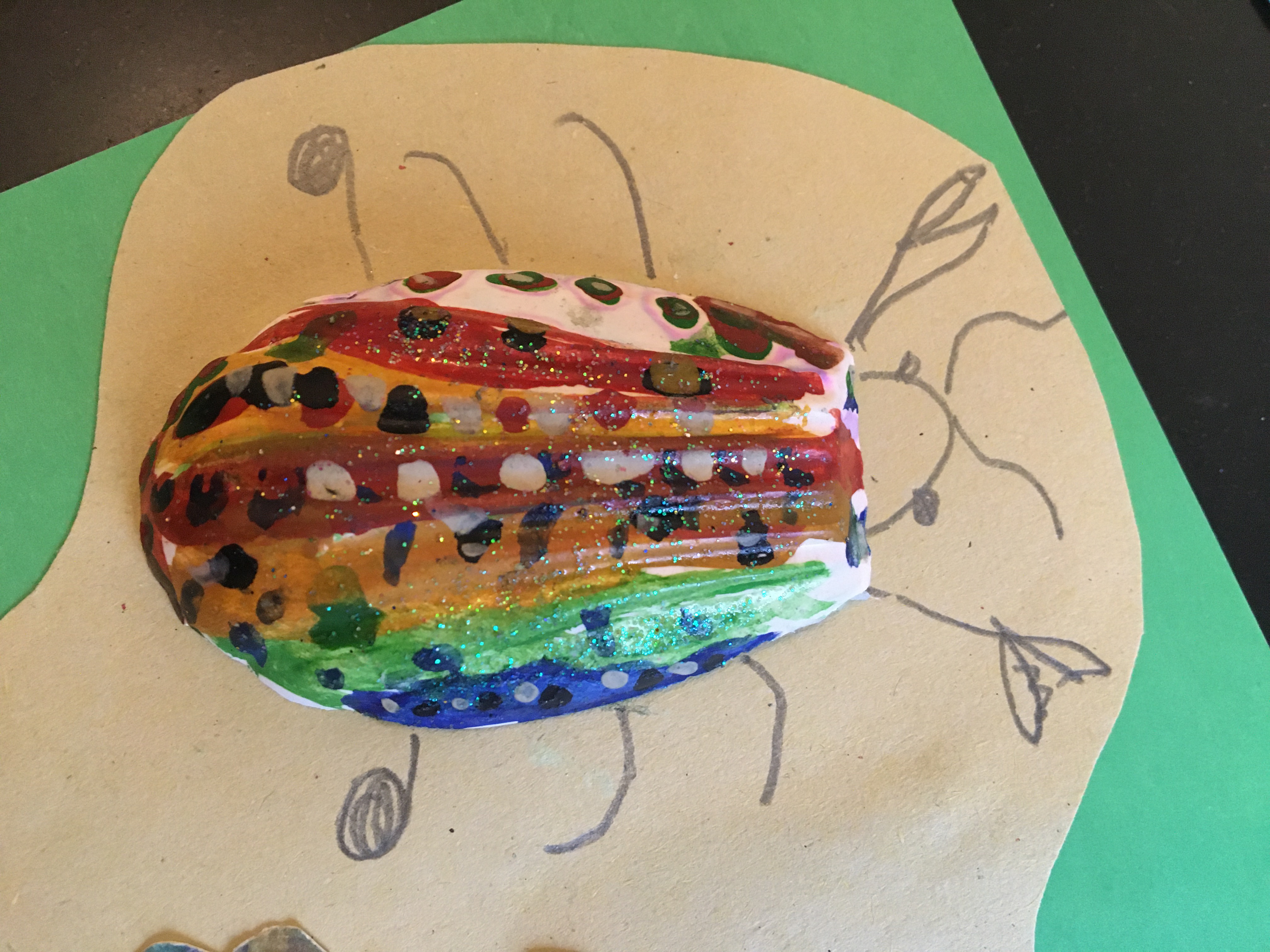
 Join Us On Facebook
Join Us On Facebook Join Us On Twitter
Join Us On Twitter Join Us On In.com
Join Us On In.com Subscribe to Our Blog
Subscribe to Our Blog